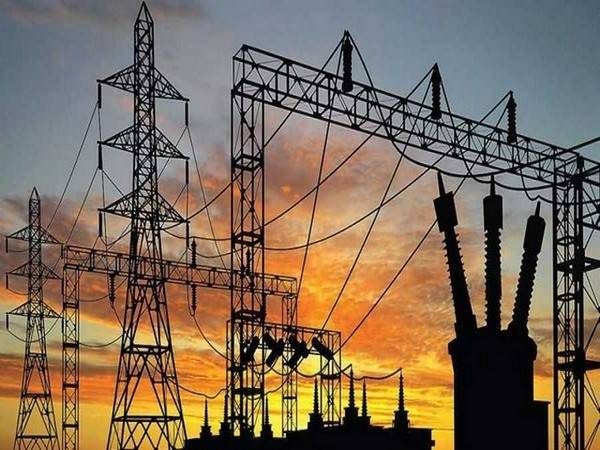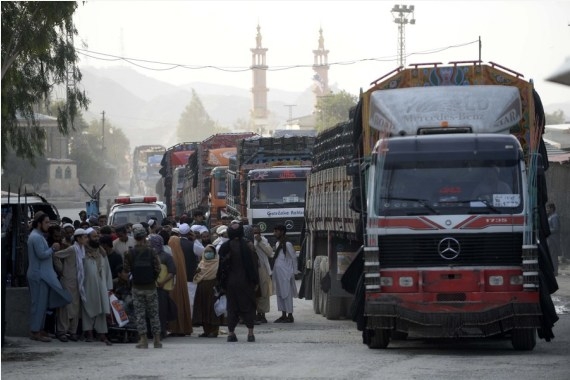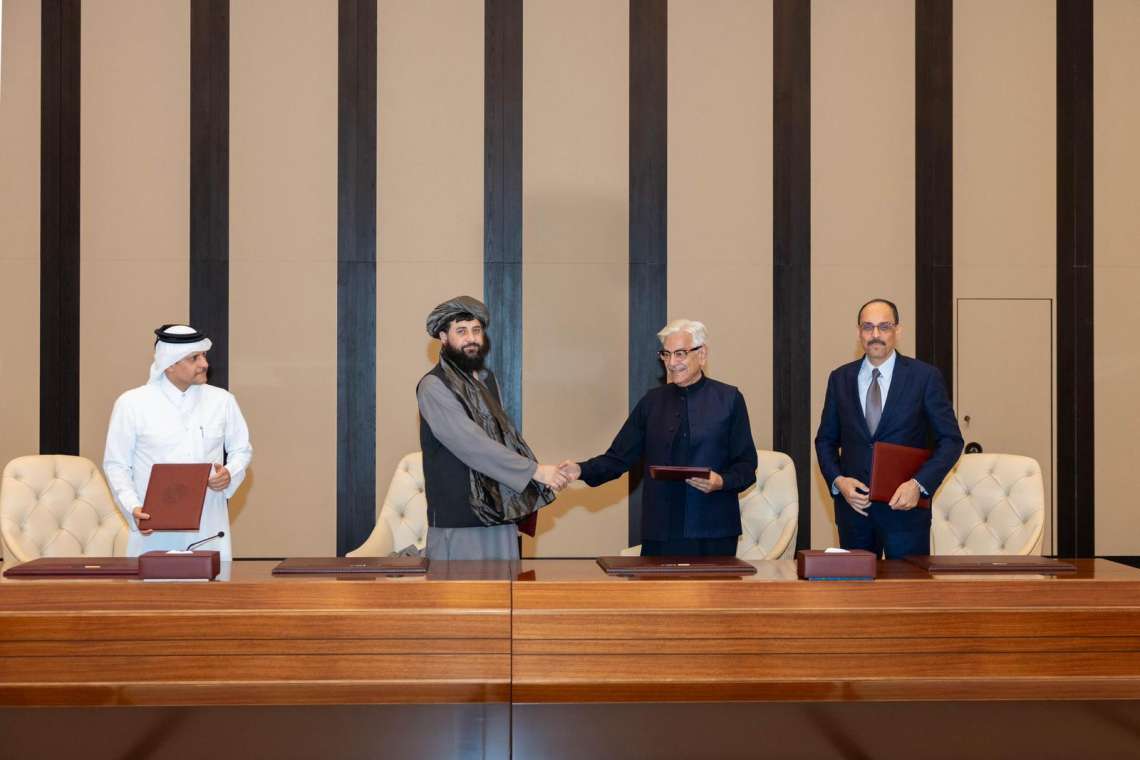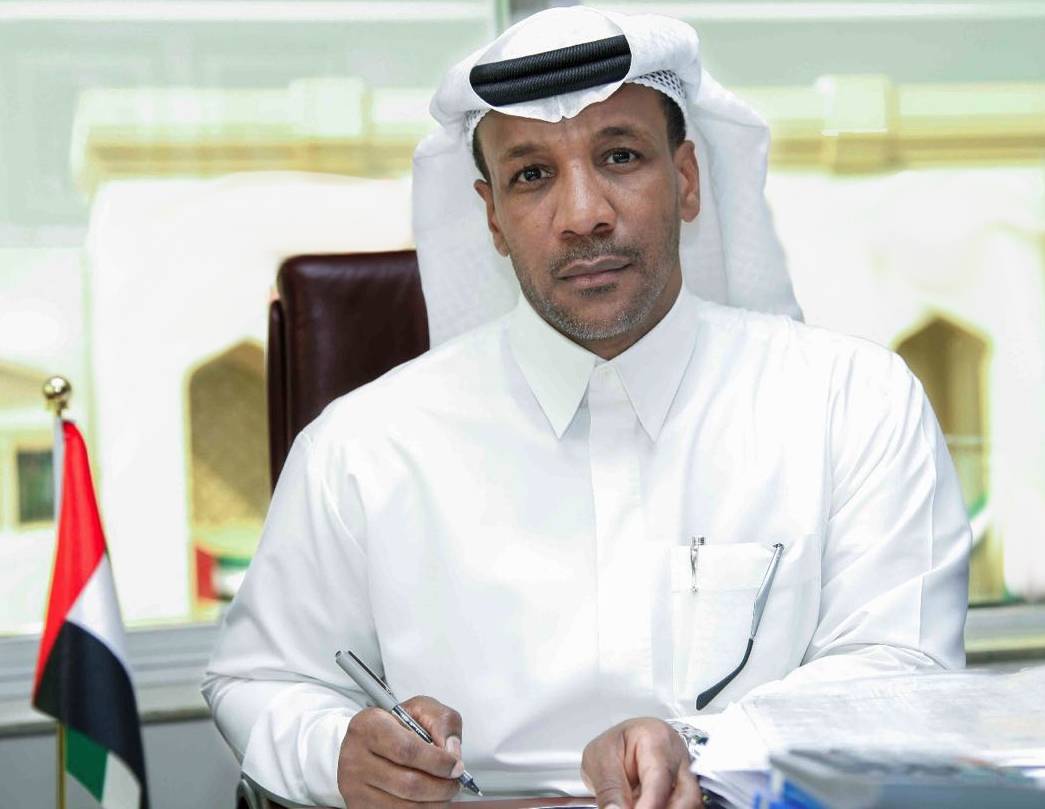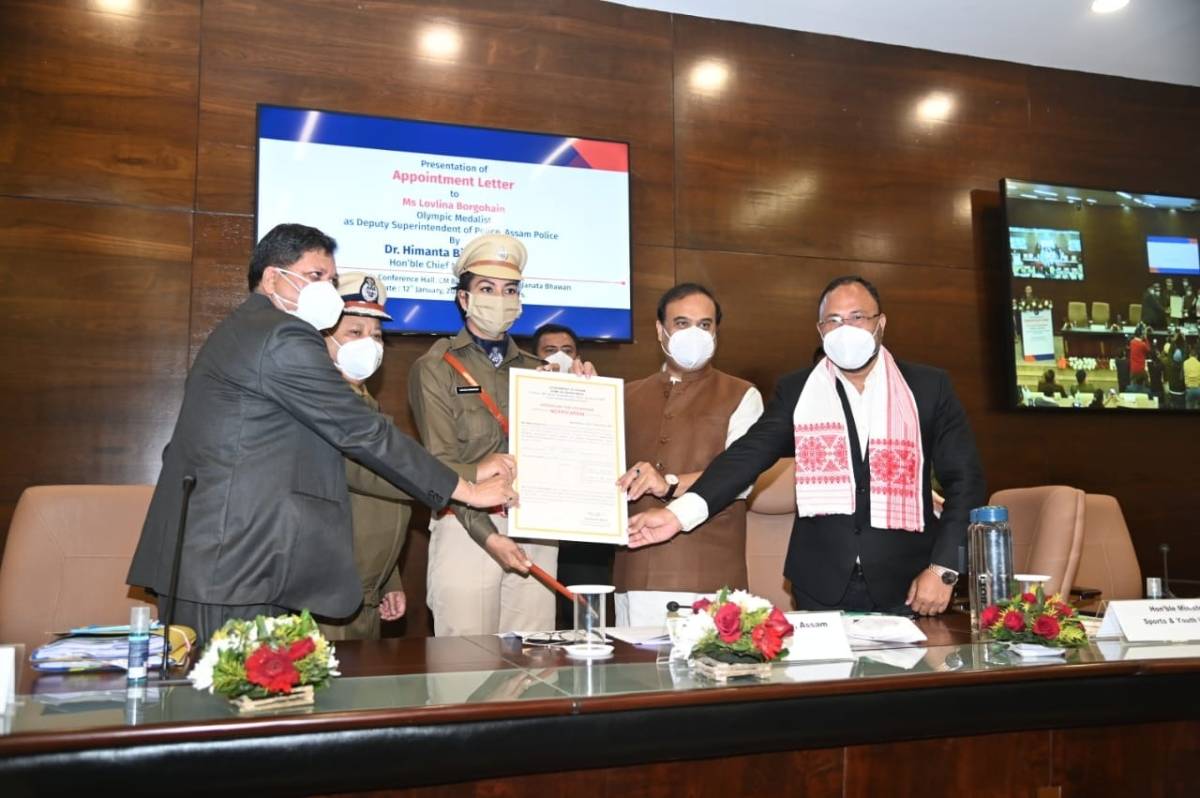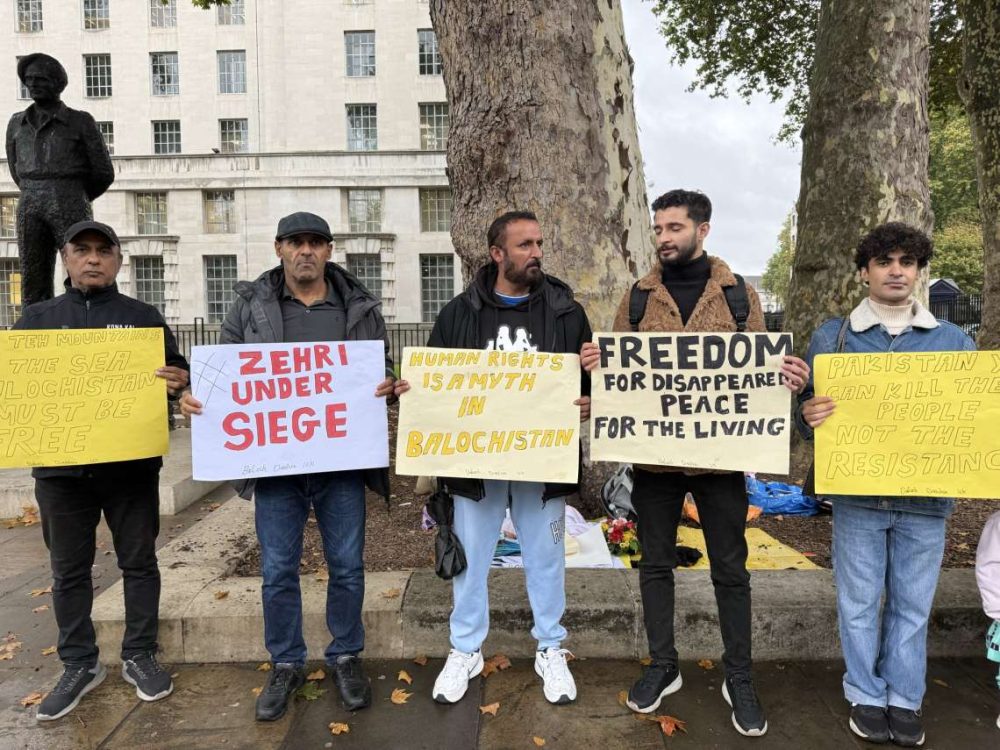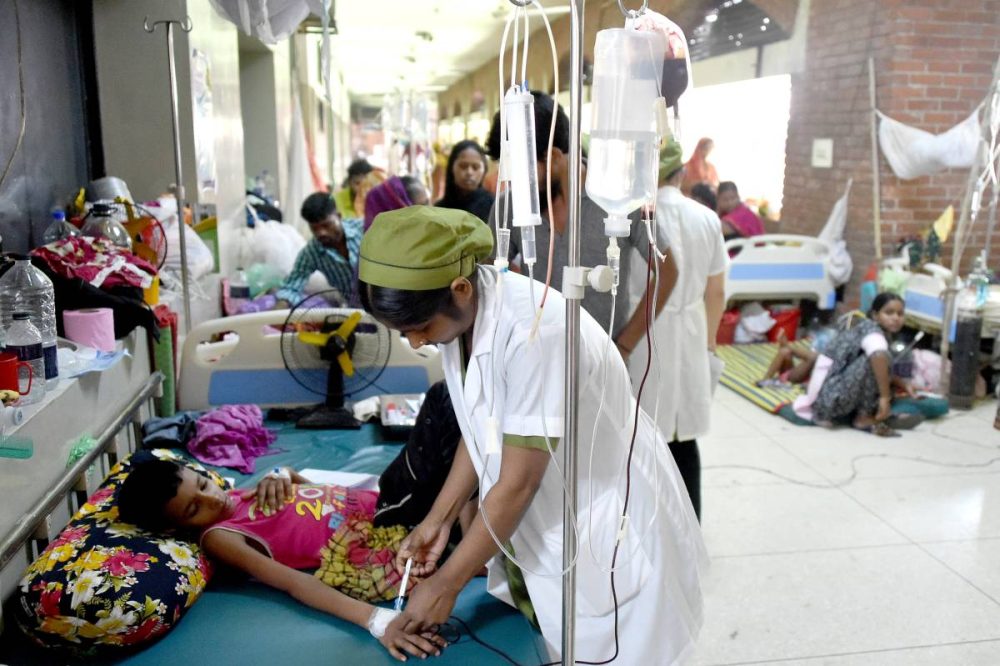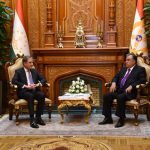Maiwandi said that Uzbekistan has cited technical problems for the decrease and added that the issue will be resolved in two or three days….reports Asian Lite News
Afghanistans electricity body, Da Afghanistan Breshna Sherkat (DABS), said that Uzbekistan’s power supply to the country has decreased by 60 per cent which has led to a blackout in Kabul, Khaama Press reported.
Spokesperson of DABS Hekmatullah Maiwandi in a video clip said that Uzbekistan has made the decision unilaterally and they have not been informed.
Maiwandi said that Uzbekistan has cited technical problems for the decrease and added that the issue will be resolved in two or three days.
Officials in DABS said that decrease in importing electricity from Uzbekistan has caused a shortage of electricity and blackout in 16 provinces including Kabul, the report said.
They have also recommended people to be thrifty in using electricity until the issues get resolved.
It comes as DABS extended its contracts of importing electricity both with Uzbekistan and Tajikistan for 2022.


